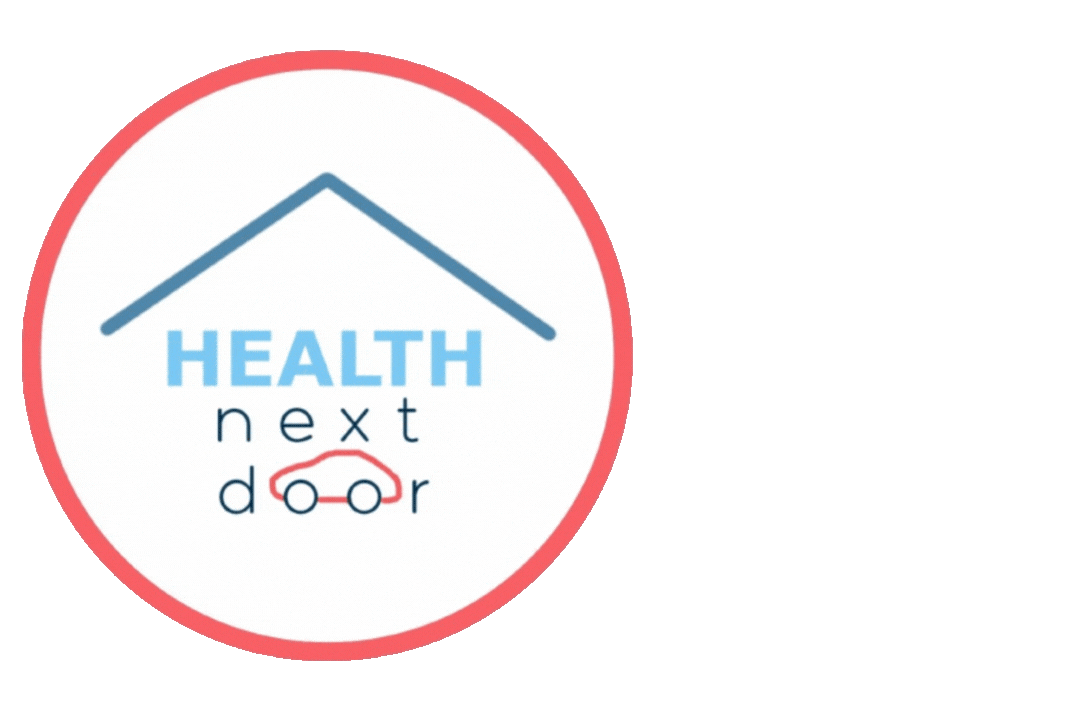Top Nutrition Tips for Older Adults

Maintaining good nutrition is essential for the health and well-being of older adults. As we age, our bodies undergo changes that can affect our nutritional needs. Proper nutrition can help improve energy levels, support immune function, and reduce the risk of chronic diseases. At Health Next Door, we understand the importance of comprehensive care that includes guidance on nutrition for older adults. Here are our top tips:
-
Prioritize Nutrient-Dense Foods
As metabolism slows down with age, it’s crucial to make every bite count. Choose nutrient-dense foods like fruits, vegetables, whole grains, lean proteins, and low-fat dairy products. These foods provide essential vitamins and minerals without adding empty calories.
- Stay Hydrated
Older adults are at an increased risk of dehydration because the sensation of thirst can diminish over time. Ensure you drink water regularly throughout the day, even if you don’t feel thirsty. Herbal teas, water-rich fruits like watermelon, and soups can also contribute to your daily hydration needs.
- Incorporate Fiber-Rich Foods
Digestive health can become more challenging as we age. Fiber-rich foods such as whole grains, vegetables, fruits, and legumes can help maintain bowel regularity and prevent issues like constipation. Aim for a balanced intake to support gut health.
- Balance Protein Intake
Protein is essential for maintaining muscle mass and overall strength. Include a variety of protein sources such as fish, lean meats, eggs, dairy, and plant-based options like beans and lentils. For older adults, spreading protein intake evenly across meals can be particularly beneficial.
- Limit Added Sugars and Processed Foods
Excessive sugar and processed foods can lead to weight gain and increased risk of diseases such as diabetes and heart disease. Opt for naturally sweet options like fruits and minimize consumption of sugary drinks and snacks.
- Ensure Adequate Vitamin D and Calcium
Bone health is a common concern for older adults. To support bone density and reduce the risk of osteoporosis, make sure to include foods rich in vitamin D and calcium, such as fortified dairy products, leafy greens, and fatty fish. Consider discussing with a healthcare professional whether a supplement may be needed.
- Watch Portion Sizes
Appetites can fluctuate with age, but it's important to manage portion sizes to avoid unintentional weight gain or nutritional deficiencies. Smaller, nutrient-packed meals throughout the day can help sustain energy and ensure a balanced diet.
- Consult with a Professional
Each person’s nutritional needs vary based on their health status and lifestyle. Consulting with a dietitian or healthcare professional can help tailor a nutritional plan that meets individual needs and supports overall health goals.
FAQs About Nutrition and Physiotherapy
Q: Can physiotherapy help improve my overall well-being as an older adult?
A: Yes, physiotherapy plays a significant role in supporting overall well-being, particularly in older adults. It helps maintain mobility, improve balance, reduce the risk of falls, and manage chronic pain, contributing to better physical and mental health.
Q: How can nutrition and physiotherapy work together to enhance my health?
A: Nutrition provides the essential fuel your body needs, while physiotherapy ensures your body remains active and functional. Together, they can improve energy levels, support muscle maintenance, and boost recovery after injuries or illnesses.
Q: Are there specific exercises that complement a nutritious diet for older adults?
A: Yes, low-impact exercises such as walking, swimming, and strength training can complement a healthy diet by supporting muscle mass, joint health, and cardiovascular fitness. A physiotherapist can create a customized exercise plan that fits your nutritional intake and health goals.


.png?width=50&height=50&name=WhatsApp_Image_2024-03-29_at_13.48.58_f7740a48__1_-removebg-preview%20(1).png)